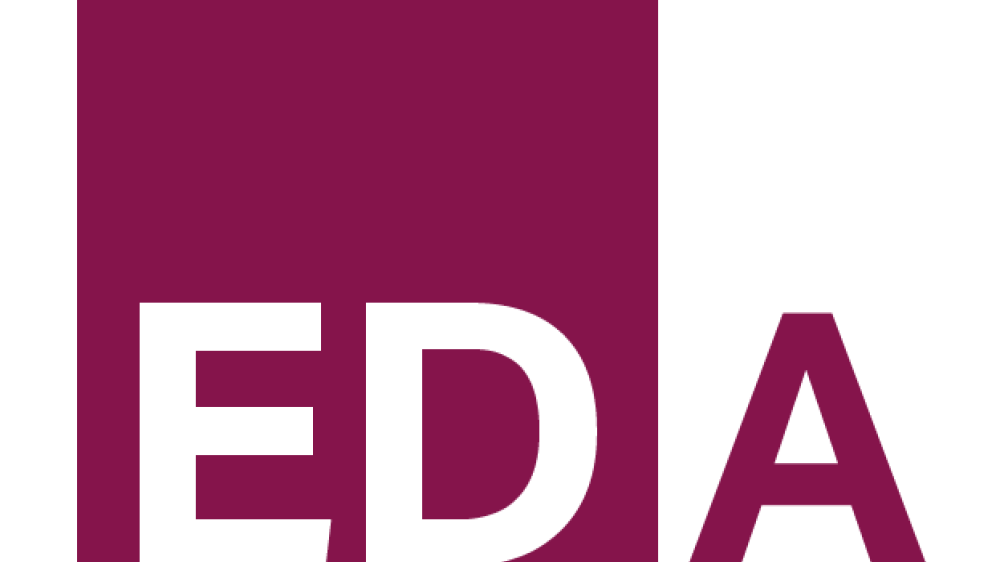Peer review and advice service
Working with research funding bodies to embed the 3Rs in their policies and practice.
Download the checklists of additional questions for the use of animals overseas for inclusion with your grant application.

Including an EDA report in your grant application gives funders, reviewers and panel members greater clarity on your study plans.

The peer review and advice team have a designated mailbox: FunderPeerReview@nc3rs.org.uk
The peer review and advice service will break for the Christmas period between 19 December 2024 and 3 January 2025. There will be no one to respond to peer-review related enquiries during this time. For return of reviews before the Christmas break, please send us the information for assessment by 20 November 2024. Service will resume as normal on 6 January 2025.
